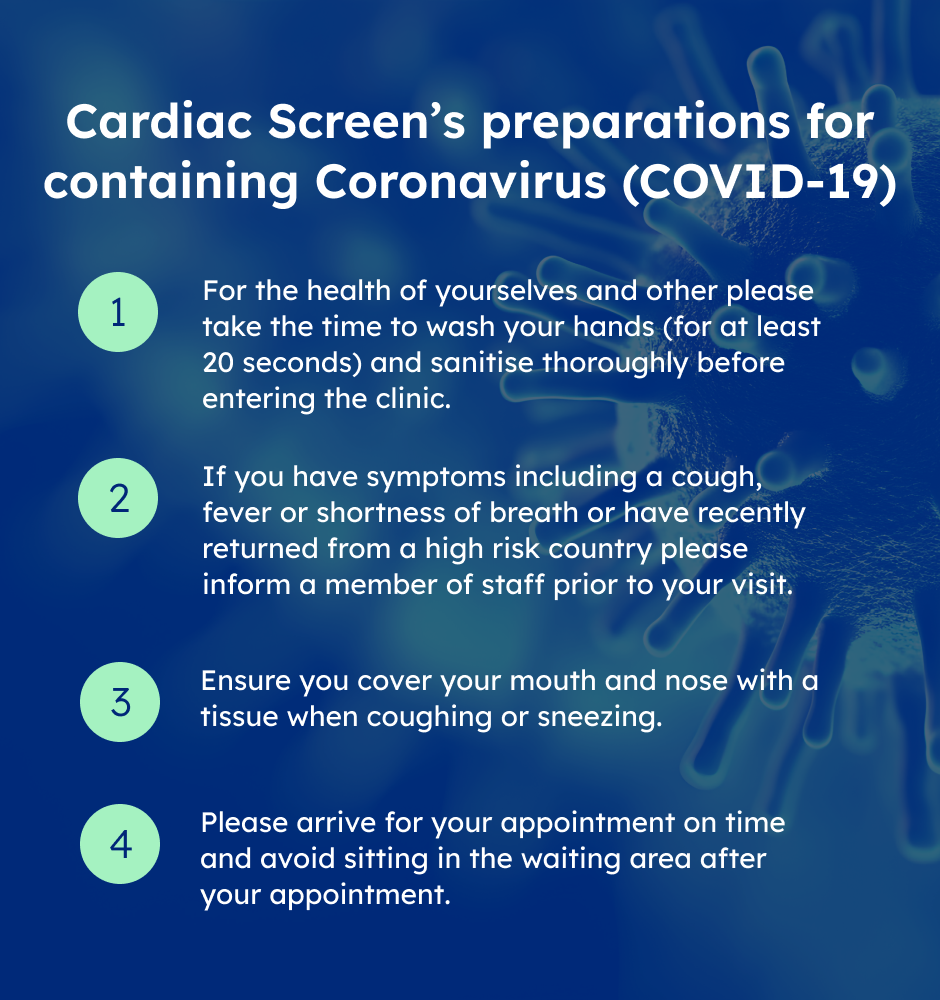Please click here to view Cardiac Screen's preparations for containing Corona Virus
Balppa House, 57-61 Newington Causeway, London SE1 6BD
Cardiac CT
Meet Our Medical Specialists
CT scans of the heart
A cardiac CT scan is a specialised test that uses a CT scanner and X-rays to produce detailed images of your heart and surrounding blood vessels. There are two types of CT scans that are generally performed.
CT calcium score
What is it?
The presence of calcium within the heart arteries is strongly associated with the risk of future heart attacks. This scan measures the amount of calcium within the coronary arteries. This information can then be used to provide guidance as to what preventative measures should be taken to protect yourself from developing future heart attacks.
When would you have one?
This test is generally used in patients who have no symptoms to provide an overall health check of the coronary arteries.
What does it involve?
The test involves you lying down on a special couch and moving through a scanner whilst x-rays are emitted. The total test takes approximately ten minutes to perform with the scan time itself being a few second in total.
Coronary CT Angiogram
What is it?
A CT coronary angiogram is a non-invasive test that is used to detect furring up (plaque) within the coronary arteries that may be resulting in symptoms of chest pain. It involves the injection of an iodine-based dye in your arm while X-rays are emitted from the CT scanner. This enables us to look at your overall heart structure and coronary arteries for narrowings and plaque. It is different to the traditional angiogram as it is non-invasive and so lower risk. It does not require wires and catheters to be introduced directly into your coronary arteries.
When you would have one
The CT coronary angiogram is useful for evaluating patients with chest pain where the heart arteries may be the culprit. It is also used to evaluate your overall heart structure and anatomy. We also use the scans to plan for complex valve procedures or before heart valve surgery.
What to expect
You may be asked to take some medication before the scan to ensure that the best quality images can be taken at the lowest radiation doses. On the day of your scan you would be met by our expert team who would first go through a check list with you. Once this is complete, a small drip would be placed in your arm through which we would be able to inject the dye. You would then be escorted into the scanning room where you would be asked to lie on our special scanning couch attached to the CT scanner. Once all the preparations are ready the dye would be injected and you would be moved automatically through the scanner while the pictures are taken. The total test would take approximately 15-20 minutes with the total scanning time being typically less than 20-30 seconds.
Who shouldn’t have a CT scan
Unlike the MRI scan, CT scans expose you to radiation, so they aren’t suitable for pregnant women.
Any risks?
CT scans involve ionising radiation so the tests should only be performed for good reason and on modern low radiation dose scanners by experts.
Who would do my CT scan
All of our scans are done by Professor Ronak Rajani who works at Guy’s and St Thomas’ NHS Foundation Trust. Ronak is one of the country’s leading experts in heart CT scans and lectures regularly internationally. He holds both American and European Accreditation in Cardiac CT and has authored several book chapters on this technique.















